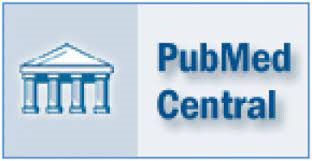Health-Related Quality of Life and Metabolic Control in Children and Adolescents with Type 1 Diabetes Mellitus
Zeynep Caferoğlu1, Neriman İnanç2, Nihal Hatipoğlu3, Selim Kurtoğlu31Erciyes University Faculty Of Health Science, Department Of Nutrition And Dietetics, Kayseri, Turkey2Nuh Naci Yazgan University Faculty Of Health Science, Department Of Nutrition And Dietetics, Kayseri, Turkey
3Erciyes University Faculty Of Medicine, Department Of Pediatrics, Division Of Pediatric Endocrinology, Kayseri, Turkey
Objective: The burdens imposed on a child and his/her parents by a diagnosis of type 1 diabetes mellitus (T1DM) adversely affect their health-related quality of life (HRQoL). HRQoL is important for prognosis and is related to metabolic control. To evaluate the HRQoL of Turkish children and adolescents with T1DM and to assess the correlation of HRQoL subscales (including physical and psychosocial health) with metabolic control, and particularly with hypo- and hyperglycaemic episodes.
Methods: This cross-sectional study included 70 participants with T1DM aged between 8 and 18 years (study group) and 72 healthy controls who were matched to the study group in terms of age, gender, and sociodemographic characteristics (control group), and their parents. HRQoL was determined by the Pediatric Quality of Life Inventory. As an indicator of metabolic control, the most recent hemoglobin A1c (HbA1c) levels were obtained and the number of hypo- and hyperglycaemic episodes over the past one month were checked.
Results: The study group had similar HRQoL scores for childrens self-reports and parents proxy-reports to the control group apart from a decreasing psychosocial health score for parents proxy-reports in the study group. Although HbA1c level was not related to HRQoL scores, lower number of hypo- and hyperglycaemic episodes were associated with an increase in psychosocial health scores and physical health scores as well as an increase in the total score for parents proxy-reports.
Conclusion: Although there was no correlation between metabolic control and HRQoL in childrens self-reports, the improving HRQoL levels in parents proxy-reports were associated with good metabolic control.
Manuscript Language: English



























